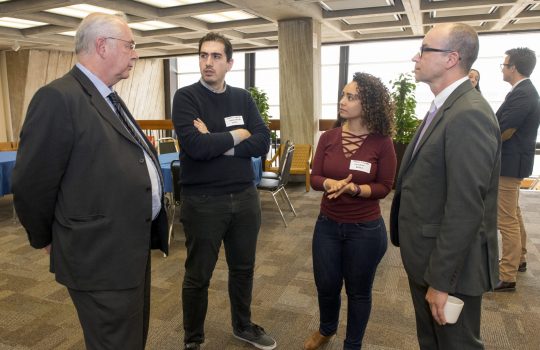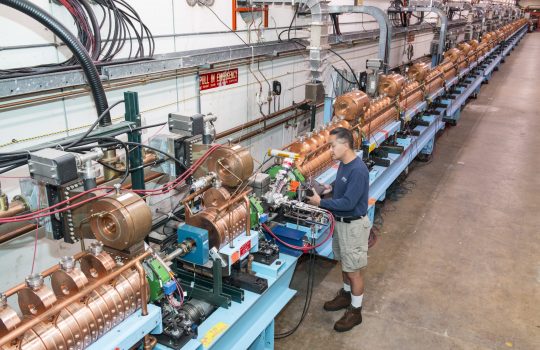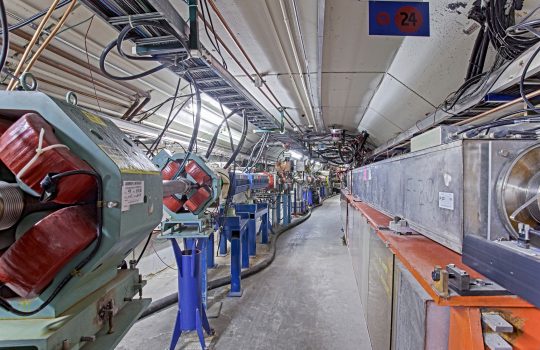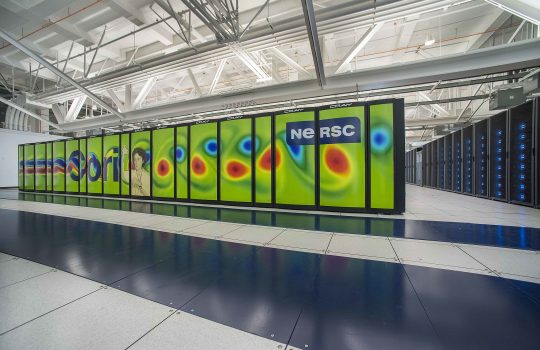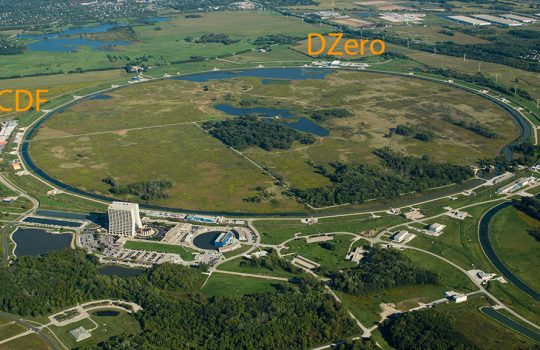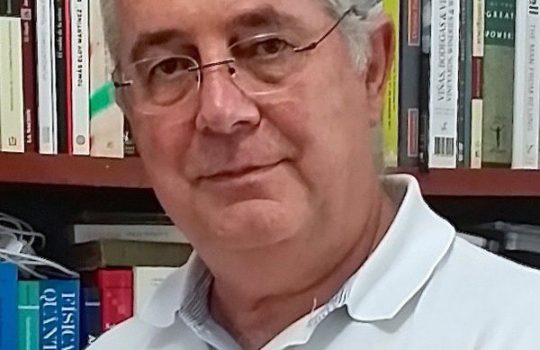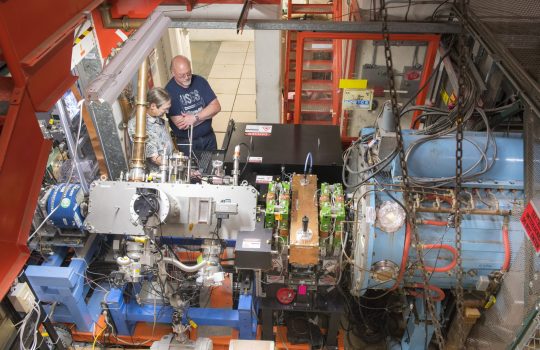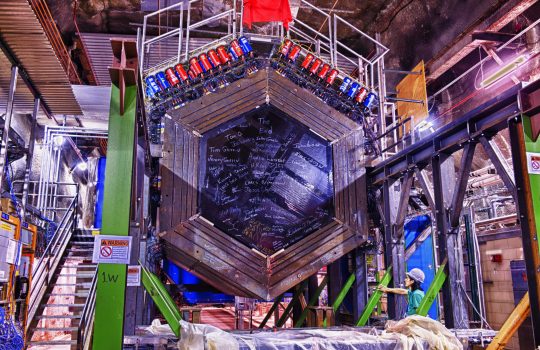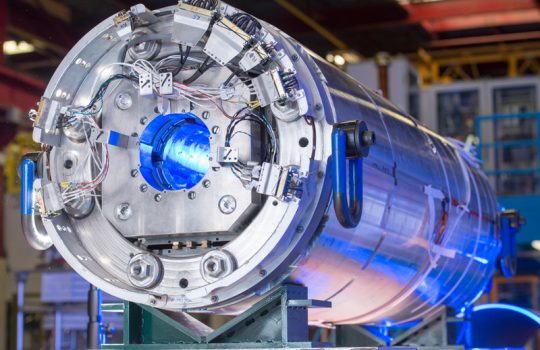Strengthening science connections with São Paulo
- Brazil
- CERN
- CMS
- Deep Underground Neutrino Experiment
- detector technology
- DUNE
- dune-international
- Illinois
- international relations
- internationality
- Large Hadron Collider
- LArIAT
- LBNF
- LHC
- Long-Baseline Neutrino Facility
- neutrino
- Northwestern University
- NOvA
- University of Campinas
A program funded by the São Paulo Research Foundation supports scientists and students to engage with Fermilab’s neutrino program.

